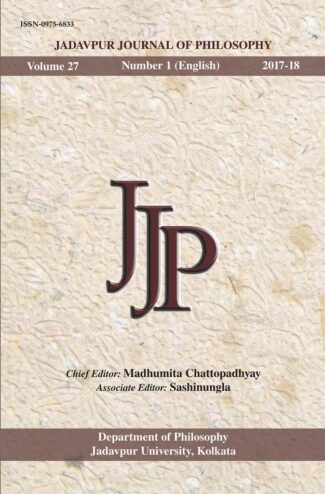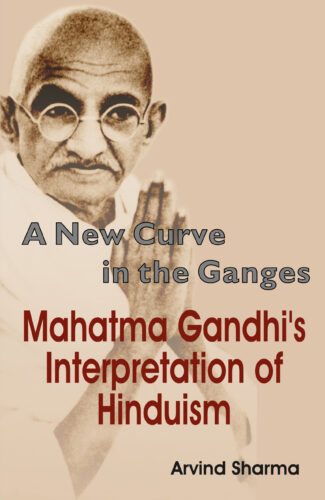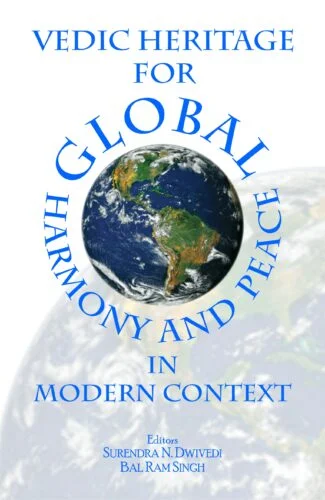Showing 25–31 of 31 results

Jadavpur Journal of Philosophy is a refereed, bi-issue journal, in English (No. 1) and Bengali (No. 2) published annually by the Department of Philosophy, Jadavpur University, Kolkata, India. The journal volume in Bengali is titled Darsan Biksa. The journal is devoted to the publication of original scholarly papers in any branch of philosophy. Its objective is to encourage contributions from scholars, dealing with specific philosophical problems connected with their respective fields of specialization.
Jadavpur Journal of Philosophy is a refereed, bi-issue journal, in English (No. 1) and Bengali (No. 2) published annually by the Department of Philosophy, Jadavpur University, Kolkata, India. The journal volume in Bengali is titled Darsan Biksa. The journal is devoted to the publication of original scholarly papers in any branch of philosophy. Its objective is to encourage contributions from scholars, dealing with specific philosophical problems connected with their respective fields of specialization.

This book interprets Gandhis Hinduism in terms of its characteristics. It offers insight into the cardinal changes that he brought within Hinduism and analyses his relationship with various sources of dharma and his prioritization of conscience along with the extracts from his autobiography, lending it a realistic touch.
Gandhis struggle for the Indian Independence will ever remain in the mind of all generations but no less significant was his fight for social equality of the Untouchables. He himself had suffered its pain as he was excommunicated by his caste on his return from England. For Gandhi, untouchability was that vicious aspect of Hinduism that must be eradicated. He had his own interpretation of Hinduism and called himself a Sanatani Hindu who believed in the equality of all castes and religions. An attempt has been made in this book to interpret Gandhis Hinduism in terms of its characteristic institutions, its major scriptures and its primary thought patterns. The work offers insights into the cardinal changes that Gandhi brought about within Hinduism by promoting ordinal changes within it. It analyses Gandhis relationship to the various sources of dharma and the primacy that he accorded to conscience; his reversal of the caste hierarchy by upholding the rights of the ÷udras, his emphasis on pravritti and nivritti instead of grihastha and sannyasa; his understanding of the Mahabharata, Ramayana and Bhagavad-Gita, and his preference for sadharana dharma over vishesha dharma. The book also contains various extracts from Gandhis autobiography that not only make this study realistic but also acquaint us with many hardships suffered by him. This book would be a worthy addition to any collection and is highly recommended for the scholars of Indology and Religious Studies.

It is an attempt to describe and address violence as it manifests in public life. There is violence in all the three spheres of human functioning — thought, action, and passion. With person-based violence, there are group violence, identity conflicts, and violence against nature as well.
Phenomenology of Violence describes violence as it manifests in public life. There is very little written on violence that disturbs peace. Violence, per se, is more than physical abuse and it spreads across different realms. Aggression, casteism, child exploitation, coercion, drug abuse, ethnic and religious violence, gender discrimination, naxalism, sexual abuse, suicide, and terrorism are some of the manifestations of violence. Violence occurs in all the three spheres of human functioning — thought, action, and passion.
Violence is a part of mans nature and is grounded in his animal origins. Going by Mahatma Gandhi, man is a composite of brute and human elements. Violence is not merely person-based. In addition, we have group violence, identity conflicts, and excesses against nature as well. Violence is involved in all acts of hate and selfishness, whereas nonviolence is grounded in love and altruism.
This volume addresses varied aspects of violence: its causes, nature, and solutions. Luminaries such as Albert Schweitzer, Bertrand Russell, Mahatma Gandhi, Martin Luther King Jr, and Nelson Mandela were some of the prominent protagonists of peace, who denounced aggression, discrimination, violence and war.
At a time of religio-political violence across the globe along with other forms of violence, this volume gives out the message that until we bring about peace in our life, both internal and external, we cannot overcome violence and that the ultimate recourse to peace is nonviolence.
Vol. 1. ISBN: 9788124609095
Vol. 2. ISNB: 9788124609101

This volume makes a comparative study of the different values and approaches, philosophized and propagated by Mahatma Gandhi and Sri Aurobindo not only for the social, moral, political and spiritual life of Indians, but also for the benefit of the entire mankind.
Regeneration of Values: A Comparative Study of the Thoughts of Mahatma Gandhi and Sri Aurobindo reflects upon the different concepts of social, moral, political and religious values philosophized and propagated by Mahatma Gandhi and Sri Aurobindo.
Both these two great thinkers of nineteenth-twentieth century India tried to reconstruct the social, moral, political and spiritual life of the entire mankind through the revival of the ancient social and cultural values of India. However, the means adopted by them towards such regeneration of values were different in many respects. Here an attempt has been made to make a comparative study of their concepts of the different values as well as the approaches taken by them.
Towards a New Age of Nonviolence is a compilation of scholarly articles on Gandhi – his philosophy of nonviolence (ahimsa) and nonviolent action (satyagraha) – are the themes encompassing the volume. In a materialistic world of today, people hold guns and grudges, and for the slightest glitch, they pronounce wars that do not end. The fearful consequence of this would lead to human extinction very soon. In such a detrimental and precarious scenario, the only way out is to embrace the Gandhian way of living.
The book comprises 14 articles on Gandhi and his values, its relevance to industrial age, views on nonviolence, economics of gram swaraj, significance of peace and tolerance in an era of explosive technology and his spiritual and ethical doctrine in the context of current global conflicts. The book is sure, a must read for everyone who wants to see a better world.

This volume delves into the different aspects of Vedic tradition, having global harmony and peace as the focus. It suggests one how to co-exist in the Upaniùads, how to practise Hindu universalism and the impact of âyurveda and the Bhagavad-Gita on our mental health, and the syncretism in ancient education.
The collection of scholarly articles presented in the volume explores various aspects of Vedic traditions, especially relating to global harmony and peace, in the present-day context. The Proceedings of the Sixth World Association for Vedic Studies (WAVES) Conference emphasise Vedic traditions as not confined to the Indian subcontinent today but as having spread to different parts of the globe. They deal with the essence of Vedanta, the contribution of the epic literature, history relating to the Rigvedic Aryans, Vedic sciences, and socio-economic and political aspects of Vedic life. Offering fresh ideas, they highlight the significance of the Vedic system for ensuring global peace and harmony, and satisfaction in the present. They study the concept of harmony and peace, and emphasise on the co-existence in the Upanishads, the Hindu concept of universalism, the importance of the Ayurveda and the Bhagavad-Gita in maintaining mental health, and on the global unity and syncretism in the education provided in ancient India. Attempts are made to cull out management ideas from the Mahabharata, and throw light on the relevance of the Arthashastra in modern-day geo-politics and the special relevance of Sanatana Dharma in the modern world. In the process, the scholars reveal the fictional aspects that have been linked to the Indian traditions and the related social evils.
The volume will interest a range of scholars of Indology and general readers as it explores the ancient Indian tradition, especially the Vedic tradition, in a comprehensive manner.
| There are no products |